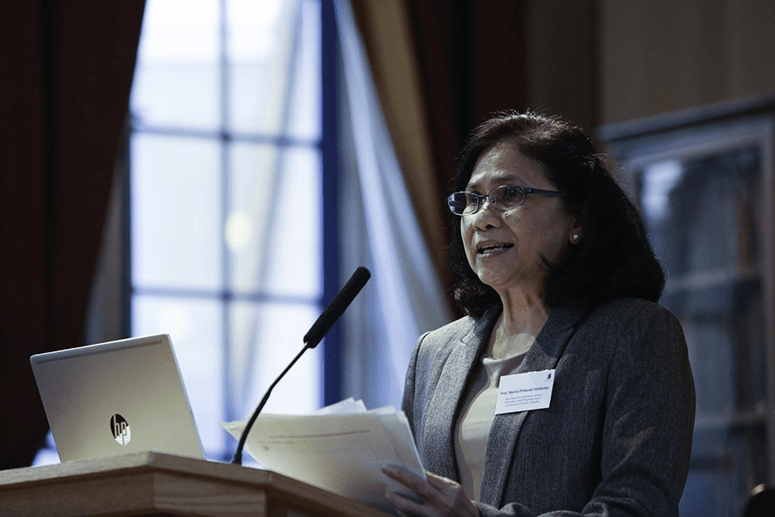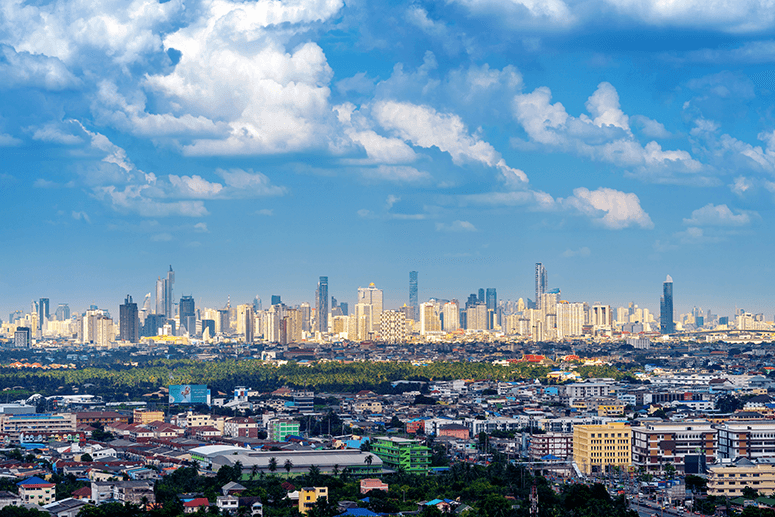The truth about minimum wage: Can Filipinos ever earn enough?
To know a society’s minimum wage is to know if its people are granted the right to a decent life.
As Dr. Nymia Pimentel-Simbulan emphasizes in this explainer, earning enough is what can empower Filipinos and improve our material conditions.
THE PHILIPPINE STAR: How is the minimum wage in the Philippines determined?
NYMIA PIMENTEL-SIMBULAN: The National Wages and Productivity Commission comes up with the rules and guidelines for determining the minimum wage per region, province, and industry. The Tripartite Wages and Productivity Board translates or operationalizes these guidelines based on the particularity of the region, province, and sector.

In the context of our current standard of living, is the Filipino earning enough to support themselves and their families?
Definitely not. Right now, the minimum wage has been raised to PHP610 a day for a worker in the (non-agriculture sector in the) National Capital Region. There is a big gap between the minimum wage and what we refer to as the living wage, which is the amount of money you need to live decently. The current living wage is PHP1160 per day for a family of 5 – that is almost double the minimum wage. The implication here is that, for the family to afford food and non-food essentials, there should be 2 workers in the family earning minimum wage.
What would it take to create a Philippines where Filipinos earn enough?
Isang nakikita kong problema is that the composition of these government bodies, in many instances, is not pro-labor. For the longest time, from one administration to another, we have not had a situation where the minimum wage is almost equivalent to the living wage. I do not see that situation significantly changing in the future or at least under this administration.

What would the Philippines look like if Filipinos could earn a living wage?
Isang magiging larawan niyan ay yung bilang ng ating informal settlers will be significantly reduced (because) workers can now afford to rent or live in areas that are not in slum areas or in urban poor communities.
It is possible that the performance of children in schools will improve: the issue of malnutrition will be addressed so they are prepared when they go to school. They will be more attentive and productive in their classes; they can perform better in their classes kasi hindi sila gutom, or nakatulog sila nang maayos dahil maayos ang kanilang tinitirhan.
“Gusto ko ring basagin yung ideya na ‘pag tumaas ang sahod ng manggagawa, hindi ‘yan makakabuti sa ekonomiya. On the contrary, it is going to work to the advantage of the Philippine economy because you have more people who will be placed in a position to spend.”
On top of that, sisigla ang ekonomiya kasi people will now have more money to spend on their basic needs like food, clothing, shelter, transportation, health needs, and even recreation including entertainment.
Gusto ko ring basagin yung ideya na ‘pag tumaas ang sahod ng manggagawa, hindi ‘yan makakabuti sa ekonomiya. On the contrary, it is going to work to the advantage of the Philippine economy because you have more people who will be placed in a position to spend. Kung may pera ang mga tao para bumili ng samu’t-saring pangangailangan, this is going to benefit companies kasi may tumatangkilik at bumibili ng kanilang mga produkto.
***
Dr. Nymia Pimentel-Simbulan is the Executive Director of the Philippine Human Rights Information Center (PhilRights); Chairperson of the Philippine Alliance of Human Rights Advocates (PAHRA); a professor at the Department of Behavioral Sciences and the Vice Chancellor for Academic Affairs at UP Manila.


